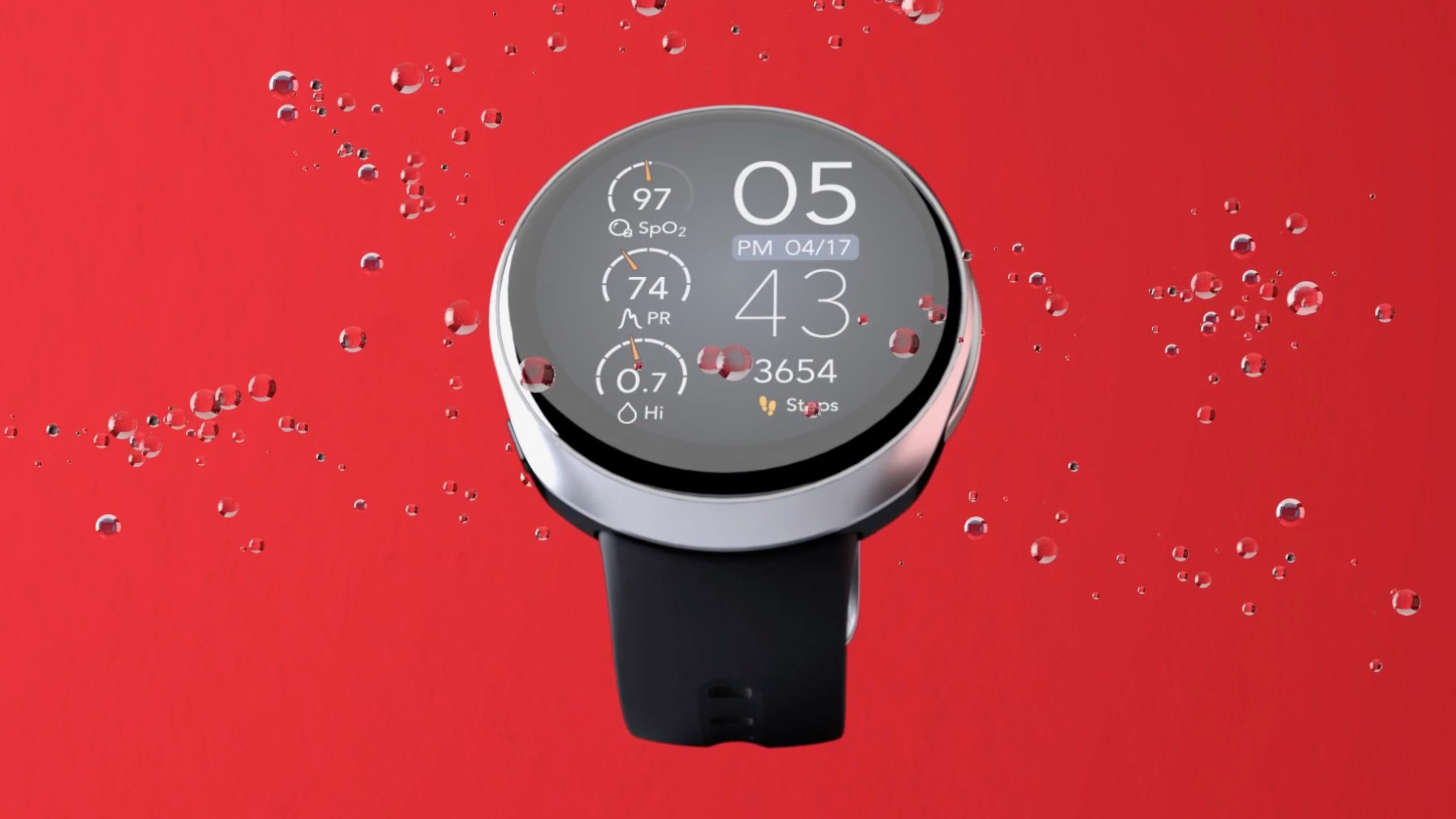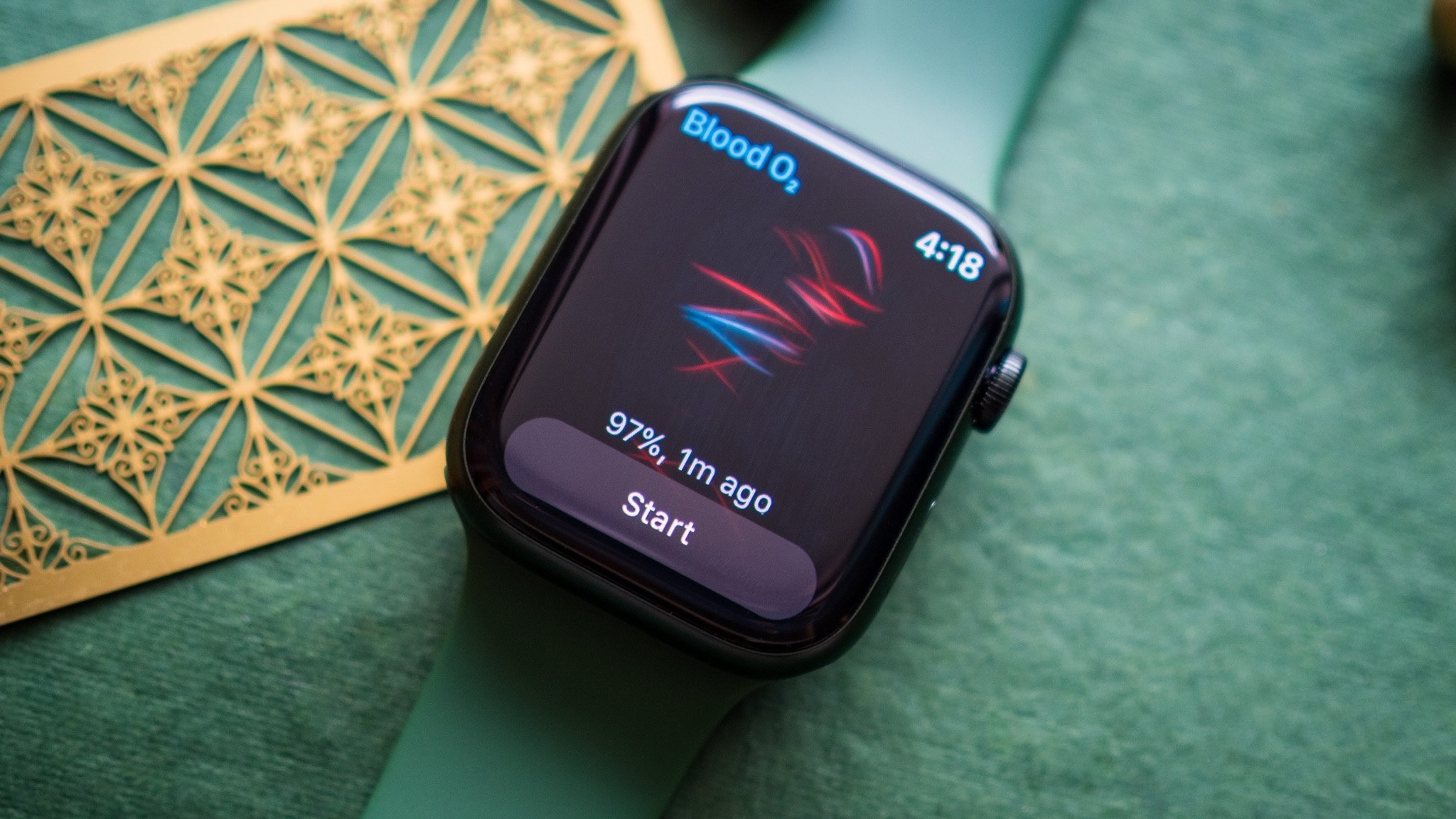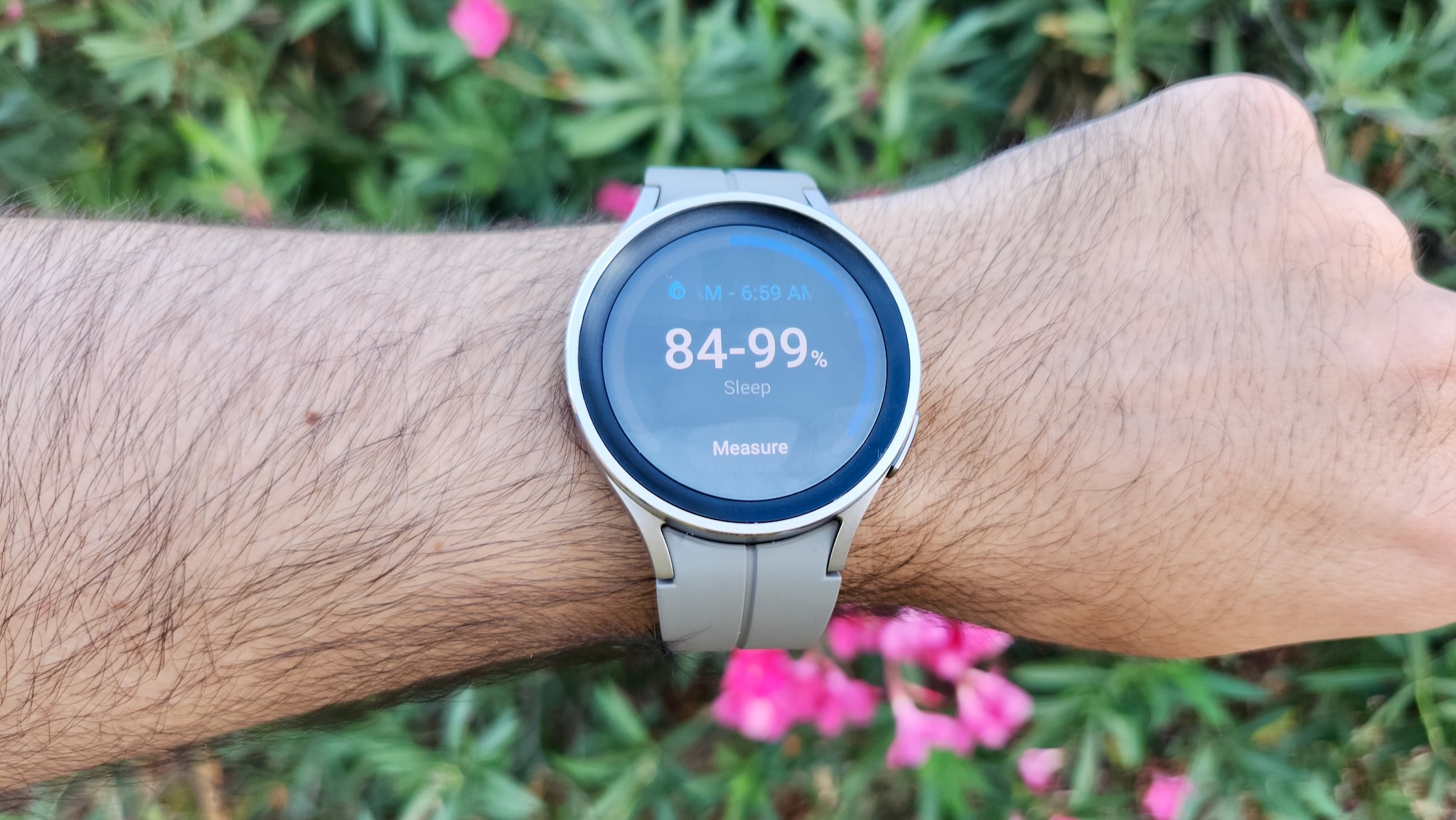Masimo's blood-oxygen smartwatch matters beyond the Apple Watch ban — even if you won't buy it
Apple's banned SpO2 data isn't especially accurate, and most rival watches aren't any better. Masimo could change the status quo.

What you need to know
- Masimo is launching a new Freedom smartwatch and Freedom Band tracker, focused on health tracking.
- These wearables continuously measure blood oxygen, pulse, heart rate variability, respiration rate, and hydration.
- Masimo successfully petitioned the ITC to force Apple to sell Apple Watches with blood oxygen disabled, due to an alleged patent infringement.
- The Masimo Freedom will launch in 2024 with a revamped version of this SpO2 tech.
Masimo announced its new Freedom watch and Freedom Band last week, both using an enhanced version of the blood oxygen (SpO2) tech Apple allegedly stole for the Series 9.
As Apple began selling "tweaked" Apple Watches with its SpO2 sensor disabled, Masimo's CEO has taken to the press to push his company's Freedom alternative and call Apple's tech "inaccurate." And while most Apple Watch owners won't buy a Freedom watch, it still represents an important development for health tracking.
Masimo's president of consumer health, Eugene Goldberg, told The Verge's Victoria Song that the Freedom SpO2 sensor can "account for challenges like motion, low perfusion or bad blood flow, and skin pigmentation," and continuously measures that data where most watches either measure every few minutes or on demand.
Aside from blood oxygen, these health wearables will track pulse rate, heart rate variability (HRV), respiration rate, and hydration index. More generally, it'll track your steps and activity during workouts, as well as detect if you fall, and also measure your sleep quality.
The Masimo Freedom Band, which has no display, will send all of this data to your phone app, focusing on people who need accurate health data but no other traditional "smarts." With the Masimo Freedom, Song reports, you'll get a "fairly basic smartwatch" with notifications, timers, and some apps you'll control with the touchscreen or the side touch bar.
The Masimo Freedom will launch sometime later in 2024 for a whopping $999, a price that's clearly suited for people who need continuous health tracking for documented medical conditions — not those who typically buy Apple Watches or the best Android watches.
Why the Masimo Freedom matters — and it's nothing to do with Apple

Masimo isn't a household name, and the notoriety of challenging Apple in court won't change that. Unless you're someone with documented sleep apnea, you won't spend a grand on a tracker dedicated to blood oxygen data. So, you might ask, why talk about the Freedom at all?
Be an expert in 5 minutes
Get the latest news from Android Central, your trusted companion in the world of Android
Because most smartwatch brands — not just Apple — have coasted along for years using token SpO2 sensors with documented flaws and no impetus to improve them.
A Nature Journal study found that the "Apple Watch frequently measures SpO2 values outside of the 95–100% range, despite the fact that the watch is worn by healthy participants at rest." Plus, a 2022 lawsuit alleged that the Apple Watch's blood oxygen sensor is "racially biased against people with dark skin tones," as reported by ABC News.
Despite this being an Android-focused site, we're not specifically bashing Apple's accuracy here; what's more relevant is that the Apple Watch is the highest-selling smartwatch in the world, so it gets more attention and medical studies. Across all brands, SpO2 data isn't necessarily reliable, especially for users with darker skin.

When it comes to the best smartwatches with SpO2 monitoring, we chose models with long battery lives capable of continuous data, with Garmin's option for all-day SpO2 readings as our favorite. But only one company — Withings — has FDA approval for its blood oxygen data; most of the rest stress that their data isn't considered medically accurate, with disclaimers about skin tone disrupting their results.
If brands like Masimo can show medically accurate blood oxygen results are possible in smartwatch form, it will hopefully put pressure on major watch brands to actually improve their results, rather than metaphorically shrug and accept less accurate results for users of color (or users in general) due to the limits of current technology.
Another lesser-known wearable brand, Rockley, recently showed off a prototype for health sensors that use an IR sensor to read your health data beneath your skin, including blood oxygen — and it's apparently partnered with several major brands. We can hope that smartwatches will leverage this tech to try to meet Masimo on the same level of accuracy.

Michael is Android Central's resident expert on wearables and fitness. Before joining Android Central, he freelanced for years at Techradar, Wareable, Windows Central, and Digital Trends. Channeling his love of running, he established himself as an expert on fitness watches, testing and reviewing models from Garmin, Fitbit, Samsung, Apple, COROS, Polar, Amazfit, Suunto, and more.
